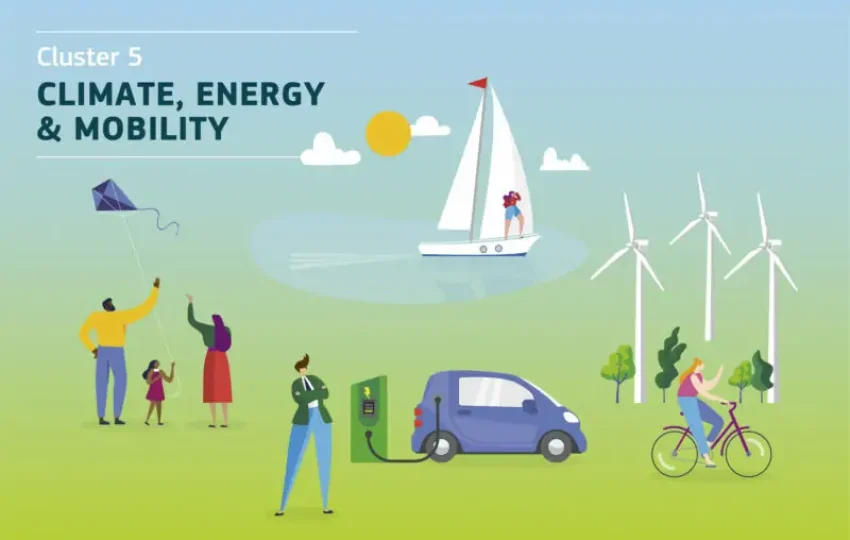On January 14th, 2020, the European Commission presented a
Communication on the building of a strong Social Europe for Just Transitions. Through this communication, the challenges and the opportunities of today will be met. In specific, the communication is proposing actions that will be taken on an EU level in the areas of employment and social rights.
On the 14th, this EU Communication launched the very first face of consultation, with social partners, focusing on the issue of the fair minimum wage for all the workers within the EU borders.
Europe is going through a momentous shift. As we go through the green and digital transformation, as well as an aging population, the Commission wants to ensure that people remain center stage and that the economy works for them. We already have an instrument, the European Pillar of Social Rights. Now we want to ensure that the EU and its Member States, as well as stakeholders, are committed to its implementation.
Executive Vice-President for an Economy that Works for People Vladis Dombrovskis
The working lives of millions of Europeans will change in the coming years. We need to take action to allow the future workforce to flourish. Europe’s innovative and inclusive social market economy must be about people: providing them with quality jobs that pay an adequate wage. No Member State, no region, no person can be left behind. We must continue to strive for the highest of standards in labor markets so that all Europeans can live their lives with dignity and ambition.
Commissioner for Jobs and Social Rights, Nicolas Schmit
Prosperity thrives in Europe. Fairness and sustainability have always been an important factor for the European Commission. Europeans have high standards when it comes to their way of living, their work environment conditions and of course salaries. More and more changes are taking place in Europe every year. Changes such as the climate-neutral economy and digitalization. As a result, the changes bring both opportunities as well as challenges that need to be dealt with.
With this new Communication, the Commission asks the EU countries, regions and partners to give their opinion as well as views on the way the EU as a whole can move forward with the plans that are to be implemented under the European Pillar Of Social Rights.
The aim is to feed the Action plan that will take place in 2021. For its part, the Commission today sets out planned initiatives that will already contribute to the implementation of the EU Pillar. Key actions in 2020 include:
- Fair minimum wages for workers in the EU
- A European Gender Equality Strategy and binding pay transparency measures
- An updated Skills Agenda for Europe
- An updated Youth Guarantee
- Platform Work Summit
- Green paper on Ageing
- Strategy for persons with disabilities
- Demography Report
- European Unemployment Reinsurance Scheme
Fair Minimum Wages
It appears that although the number of employed people in the EU is now higher than ever, it is still very difficult for a lot of people to just make ends meet with the most basic of obligations. That is due to the fact that wages appear to be on multiple different levels and they shape the economy in such a way that is not acceptable or able to for a solid and sustainable European working environment and market.
The EU has expressed the desire to change this phenomenon by introducing fair minimum wages that will allow everyone to have a decent living no matter what they do. There will not be a one-size-fits-all minimum wage. Any potential proposal will reflect national traditions, whether collective agreements or legal provisions. Some countries already have excellent systems in place. The Commission wishes to ensure all systems are adequate, have sufficient coverage, include thorough consultation of social partners, and have an appropriate update mechanism in place.


